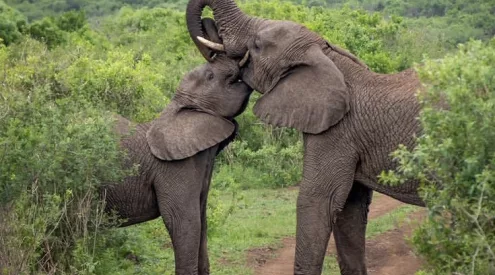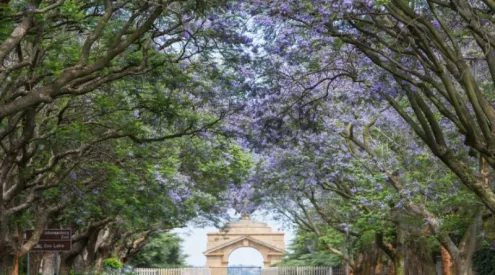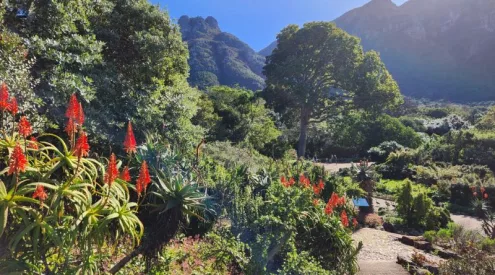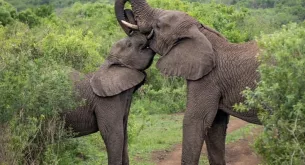Toxin-producing cyanobacteria is the cause for the mysterious mass deaths of 300 elephants in Botswana. Government has ruled out human interference.
Officials stated that the bacteria was present in water sources, resulting in the demise of the animals.
Cyanobacteria is common in water but these don’t all produce toxins. Scientists are concerned that the bacteria will produce toxins as a result of climate change, according to CNN.
As water temperatures increase, the environment becomes favourable for the bacteria to thrive.
On Monday, September 21 Botswana’s Deputy Director of Wildlife and National Parks, Cyril Taolo ruled out human involvement according to CNN. He said: ‘I don’t think anybody can ever say never, but in this instance, the available evidence is showing that this was a natural occurrence.’
Keith Lindsay, a conservation biologist who is skeptical of the findings, is calling for the full results to be made public. Speaking to CNN he said: ‘If it’s in waterholes or was in waterholes, why was it only elephants that were affected?’
Elephants were mysteriously found dead during lockdown. In May, wildlife authorities announced an unusual increase in elephant carcasses discovered in the Okavango Delta.
By July, over 350 elephants died from unknown causes. The tusks weren’t removed from the carcasses which ruled out poaching.
An indicator of poisoning by humans is usually dead scavengers nearby. Vultures, for instance, who feed on carcasses will die from the same poisoning. Anthrax was also ruled out.
Botswanan wildlife authorities ordered tests to be conducted on tissue samples.
The Ministry of Environment, Natural Resources, Conservation and Tourism earmarked three laboratories in Zimbabwe, South African and Canada to process the samples.
Botswana has 130,000 African elephants within its borders, the largest population on earth.
Image credit: Getaway gallery/ Chris Davies.

















